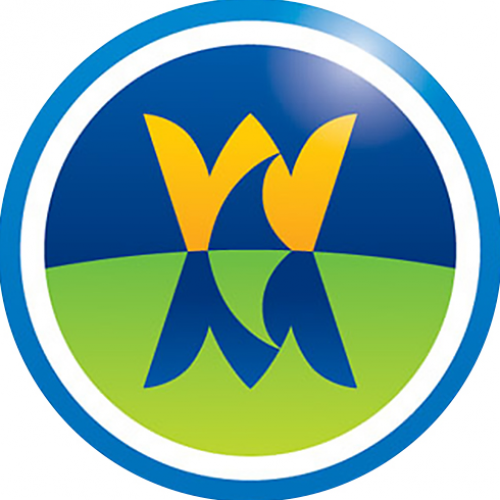
WMS Structured Literacy programme
As a school we have been working over the past three years, reviewing our literacy programme. Last year the English team shared with our school community our learnings and the implementation of our Structured Literacy programme.
Many of you may have read in the media reports from the Ministry of Education and other organisations regarding the state of literacy in New Zealand. It is exciting that we have used the Science of Reading (as referred to in these reports) to guide our programme development; resulting in a literacy programme with a Structured Literacy approach that includes reading, writing, spelling and handwriting.
Why Structured Literacy?
The ‘Science of Reading’ is a body of research in developmental psychology, educational psychology, cognitive science, and cognitive neuroscience on reading – one of the most complex human behaviours– and its biological (neural, genetic) bases.
To become an independent reader the brain of each child must undergo change, which French neuroscientist Stanislas Dehaene describes as “neuronal conversion” (Dehaene, 2010).
Structured literacy (SL) approaches emphasise highly explicit and systematic teaching of all important components of literacy.
These components include both foundational skills (e.g. decoding, spelling) and higher-level literacy skills (e.g., reading comprehension, written expression).
Structured Literacy also emphasises oral language abilities essential to literacy development, including phonemic awareness, sensitivity to speech sounds in oral language, and the ability to manipulate those sounds.
Attached is a video link to How the Brain Learns to Read - Prof. Stanislas Dehaene and a pdf on The Science of Reading.
The Code
West Melton School implements The Code as a systematic approach
for teaching spelling across the school from Year 1 - Year 8.
This is not a programme of rote learning words.
It is a programme of scope and sequence to read and write.
Teaching spelling is teaching:
decoding for reading
encoding for writing
There will be an online parent hui to share our programme in Week 5 Term 2, Monday 30 May 7.30-8.00pm.
This will be recorded. Further information to come.
